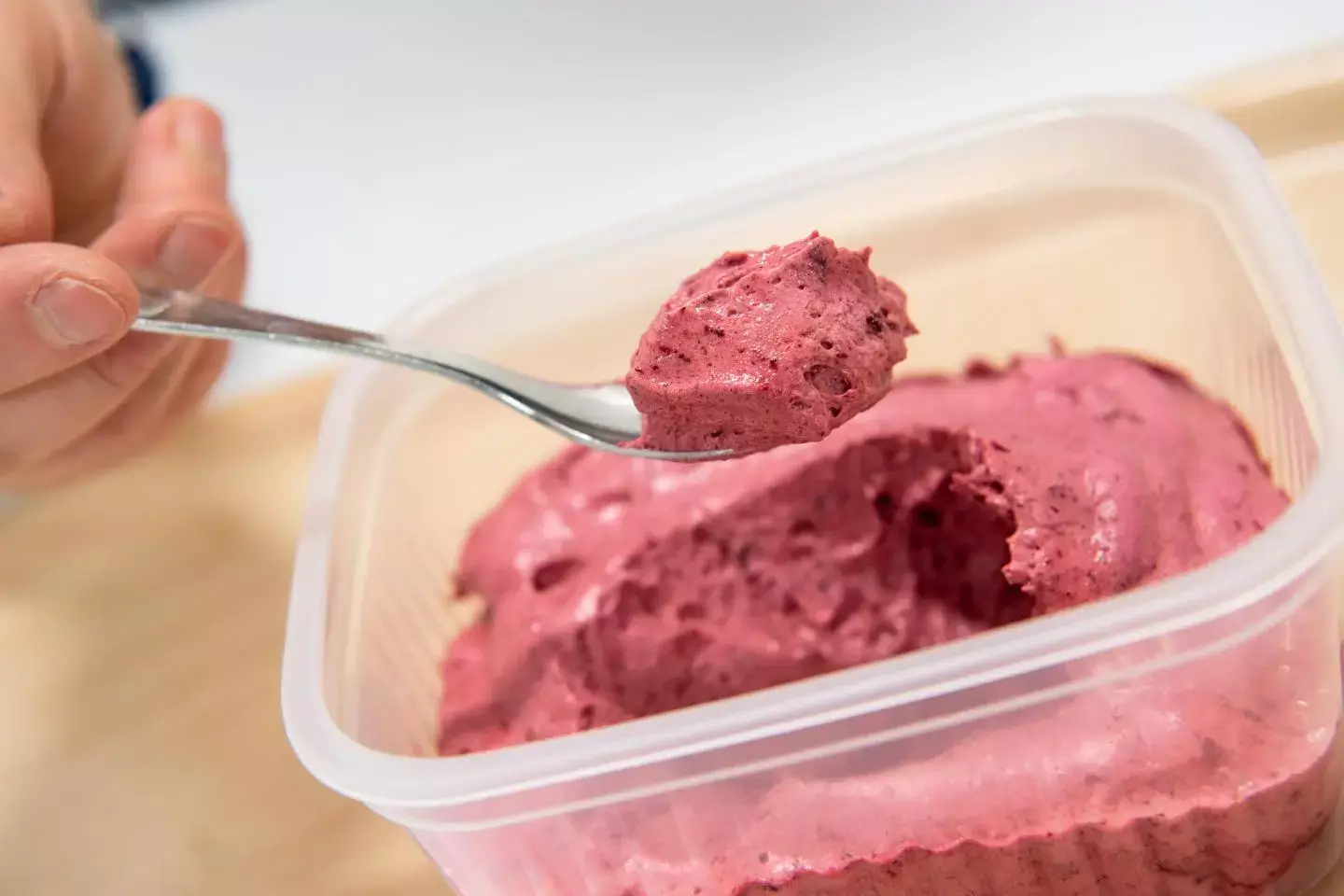- Home
- Medical news & Guidelines
- Anesthesiology
- Cardiology and CTVS
- Critical Care
- Dentistry
- Dermatology
- Diabetes and Endocrinology
- ENT
- Gastroenterology
- Medicine
- Nephrology
- Neurology
- Obstretics-Gynaecology
- Oncology
- Ophthalmology
- Orthopaedics
- Pediatrics-Neonatology
- Psychiatry
- Pulmonology
- Radiology
- Surgery
- Urology
- Laboratory Medicine
- Diet
- Nursing
- Paramedical
- Physiotherapy
- Health news
- Fact Check
- Bone Health Fact Check
- Brain Health Fact Check
- Cancer Related Fact Check
- Child Care Fact Check
- Dental and oral health fact check
- Diabetes and metabolic health fact check
- Diet and Nutrition Fact Check
- Eye and ENT Care Fact Check
- Fitness fact check
- Gut health fact check
- Heart health fact check
- Kidney health fact check
- Medical education fact check
- Men's health fact check
- Respiratory fact check
- Skin and hair care fact check
- Vaccine and Immunization fact check
- Women's health fact check
- AYUSH
- State News
- Andaman and Nicobar Islands
- Andhra Pradesh
- Arunachal Pradesh
- Assam
- Bihar
- Chandigarh
- Chattisgarh
- Dadra and Nagar Haveli
- Daman and Diu
- Delhi
- Goa
- Gujarat
- Haryana
- Himachal Pradesh
- Jammu & Kashmir
- Jharkhand
- Karnataka
- Kerala
- Ladakh
- Lakshadweep
- Madhya Pradesh
- Maharashtra
- Manipur
- Meghalaya
- Mizoram
- Nagaland
- Odisha
- Puducherry
- Punjab
- Rajasthan
- Sikkim
- Tamil Nadu
- Telangana
- Tripura
- Uttar Pradesh
- Uttrakhand
- West Bengal
- Medical Education
- Industry
Blackcurrants may lower postprandial blood sugar and risk of diabetes: Study

CAPTION
A tasty blackcurrant snack was developed in the project.
CREDIT
Raija Torronen, University of Eastern Finland
Researchers at University of Eastern Finland have found in a new study that 75 g of blackcurrant and the product with fermented quinoa were able to lower postprandial blood sugar and insulinemia. It implies that blackcurrants have a beneficial effect on post-meal glucose response, and the required portion size is much smaller than previously thought.They balance the glucose response of ingested sugar by attenuating its rise and delaying its fall. The effect is likely associated with berry-derived polyphenolic compounds, anthocyanins, which are rich in blackcurrants.
The study has been published in the British Journal of Nutrition.
The beneficial health effect of blackcurrants was supported by the study conducted at the University of Eastern Finland. In the clinical meal study (Maqua) the beneficial effect on postprandial glucose response was achieved by 75 g (1.5 dL) of blackcurrants, a remarkably smaller portion size than in earlier studies. Blackcurrants are often consumed with added sugar because of their natural sourness, which may be a cause of concern for health-conscious consumers. However, it seems that sugar consumed with blackcurrants is not as unhealthy as sugar consumed without berries.
In the Maqua study, 26 healthy participants (22 female, 4 male) consumed three different test products and sugar water as a control product at four separate study visits. The test products were a blackcurrant purée with added sugar, a blackcurrant product containing fermented quinoa, and a blackcurrant product base without blackcurrants. Each of them and the control product contained 31 g of available carbohydrates and had a similar composition of sugar components. Blood samples were taken before the meals in fasting state and postprandially in 15, 30, 45, 60, 90, 120 and 180 minutes after consuming the meal, and analysed for glucose, insulin, and free fatty acids.
Compared to sugar water, both blackcurrant products had attenuated postprandial glycaemic response, which was seen in reduced maximum glucose and insulin, delayed fall of glucose, and delayed rise of free fatty acids because of hypoglycaemia. The effect was enhanced for the blackcurrant product because of the innovative product base. The results support earlier findings on the beneficial effects of blackcurrant on blood glucose response after a meal, showing the effect with a smaller portion size. Over a longer period of time, smaller variations in the blood sugar and insulin levels, and improved insulin sensitivity, may decrease the risk of type 2 diabetes.
Blackcurrants are an interesting raw material for the food industry because of their high content of anthocyanins and easy availability. Blackcurrants have potential for being developed into new healthy and tasty products.
For further reference log on to;
Lappi J, Raninen K, Väkeväinen K, Kårlund A, Törrönen R, Kolehmainen M. Blackcurrant (Ribes nigrum) lowers sugar-induced postprandial glycaemia independently and in a product with fermented quinoa: a randomized crossover trial. Br J Nutr 2020, Nov 9;1-28.
Dr Kamal Kant Kohli-MBBS, DTCD- a chest specialist with more than 30 years of practice and a flair for writing clinical articles, Dr Kamal Kant Kohli joined Medical Dialogues as a Chief Editor of Medical News. Besides writing articles, as an editor, he proofreads and verifies all the medical content published on Medical Dialogues including those coming from journals, studies,medical conferences,guidelines etc. Email: drkohli@medicaldialogues.in. Contact no. 011-43720751


